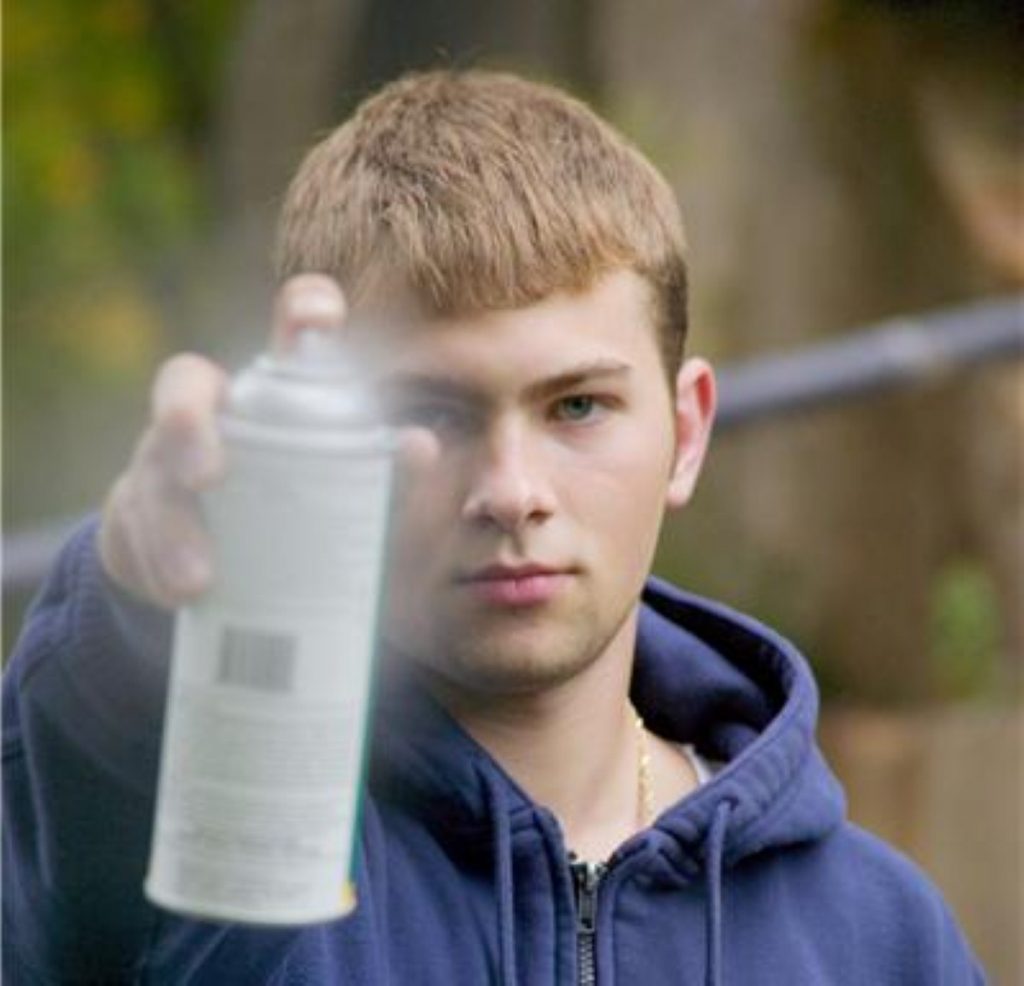Cut youth crime: ‘Make them say sorry’
By Emmeline Saunders
Anti-social crime committed by young people would be cut if offenders were made to face their victims, a report has suggested.
The report, by the Prison Reform Trust (PRT), recommended getting young offenders to take responsibility for their action – known as “restorative justice”. This would cut crime, reduce the number of children in jail and lead to greater confidence in the criminal justice system, the authors concluded.
Restorative justice is likely to be more effective at reducing crime than imprisonment, the report argued.


Liberal Democrat justice spokesman David Howarth said forcing offenders to face up to their actions was a strategy that had long been championed by his party.
“All the evidence shows that getting young offenders to face their victims works to cut crime,” he said.
“The government must get over its obsession with sounding tough and do what actually works to cut crime. A good start would be to make restorative justice processes available across the country.”
The report looked at evidence of reducing youth crime in Northern Ireland, which revealed reoffending rates were lower where restorative justice was employed instead of prosecution.
The number of 10-17-year-olds who reoffended in 2006 fell to 28 per cent where restorative justice was used instead of prosecution, compared with 71 per cent of those who were given a custodial sentence.
But in England and Wales, three quarters of children handed a prison sentence will reoffend within a year of release, the report stated.
Juliet Lyon, director of the PRT, said: “It’s all too easy to say that nothing works with young offenders whereas we can learn from successful work in Northern Ireland that a structured system of restorative justice cuts youth crime and satisfies victims.
“Most people would support the idea of young people having to face up to the harm they have done and working hard to make amends.”
Under the restorative justice approach, offenders face their victims in structured meetings to apologise directly for their actions. They then carry out reparation work for the victim or community, and discuss strategies they could take to prevent reoffending.
Offenders are mentored and supervised by a social worker and can be asked to pay compensation to the victim or undertake up to 240 hours of unpaid work. They can be restricted from going to certain places and offered treatment for drug problems or mental health issues.
The report suggested 89 per cent of victims were satisfied with the restorative justice process.
The PRT is urging the government to roll out the process in England and Wales, as the current restorative justice system is limited to first-time and minor offenders, and to local initiatives.












